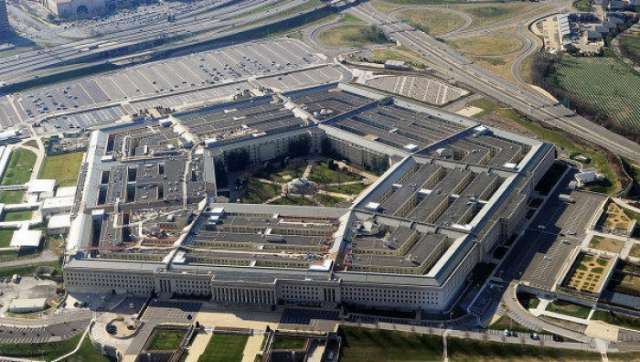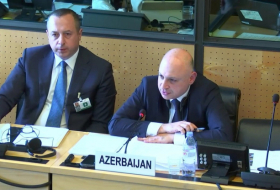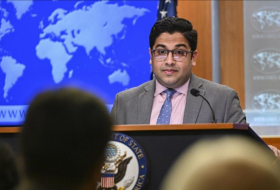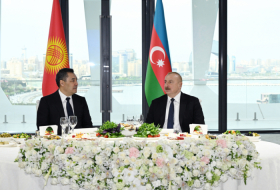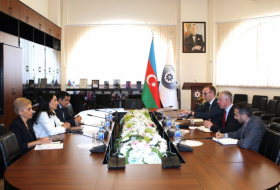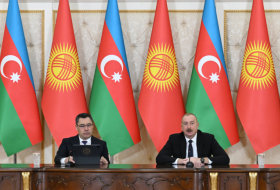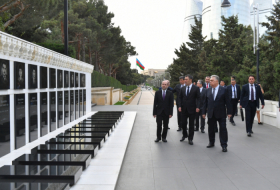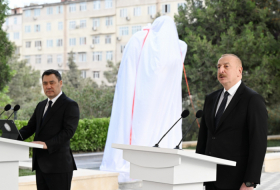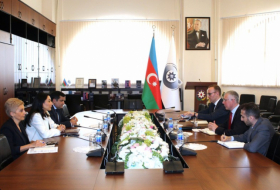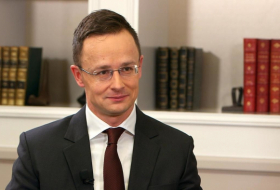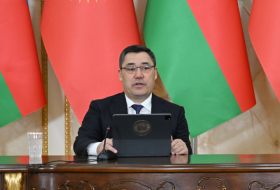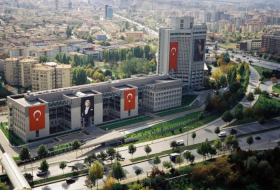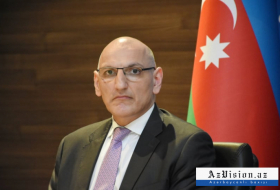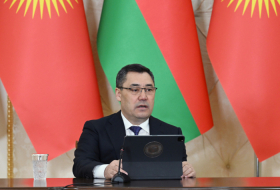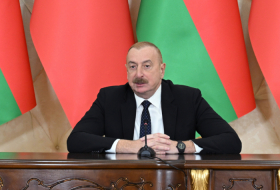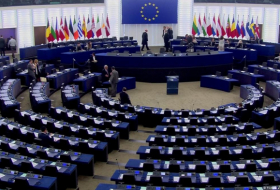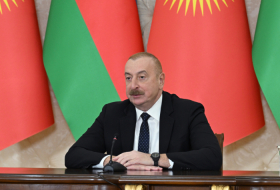Speaking to journalists while President Recep Tayyip Erdoğan was meeting with his U.S. counterpart Donald Trump in Washington, U.S. Defense Secretary Mark Esper informed the audience about the upcoming plans of the country's army in Syria. He said, it will take "another week or so" for the U.S. to leave Ayn al-Arab.
Despite claiming plans to withdraw from the country for almost a year now, the actual process of U.S. withdrawal from Syria started following Turkey's launch of Operation Peace Spring on Oct. 9. Shortly after, the operation was put on pause as a result of a deal reached with the U.S. over the insurance of the withdrawal of terrorist elements, particularly the PKK's Syrian affiliate, the People's Protection Units (YPG), from the region. With the withdrawal process of the YPG ongoing, Turkey has also reached a deal with Russia. The deal suggests that the two countries will conduct joint patrols in the region, with the exception of Ayn al-Arab, which is currently under the control of the YPG, supported by the U.S. The deal expressed that Turkish forces will not be deployed in Syria's Ayn al-Arab and Manbij, where Russia will provide security through its own patrols.
Underlining that following the completion of the withdrawal there will still be about 600 U.S. troops in Syria, Esper said the support for the YPG will also continue.
"We are still partners of the SDF. We continue to help them," Esper said, referring to the Syrian Democratic Forces (SDF), an umbrella group dominated by the YPG. Esper also reiterated the YPG's so-called importance in the fight against Daesh, despite the terrorist group's widely known defeat.
The first announcement of the defeat of Daesh came back in December when Trump announced that Washington would pull its troops out of Syria, saying that Daesh has been defeated. After that, there have been several other statements confirming the terrorist group's defeat. Last month, on top of all these statements, Washington announced that the group's leader, Abu Bakr al-Baghdadi, had been killed. Yet, the U.S. still insists on the YPG's value in fighting Daesh.
The U.S.' Syria policy, especially its military support for YPG terrorists, has been a cause of tension between Ankara and Washington. Ankara argues that one terrorist group cannot be used to fight another. Turkey sees the YPG as an extension of the PKK, which has claimed the lives of more than 40,000 people in its 30-year terror campaign against Turkey. The U.S., however, while listing the PKK as a terrorist group, maintains its steadfast military support for the terrorist organization by providing truckloads of military supplies and military training under the pretext of fighting Daesh, all at the expense of possibly losing its NATO ally.
Esper also touched on the decades of solid relations with Turkey, especially the country's role in NATO. Claiming that the country has been pulling away from NATO, he said they, as the NATO countries, would love to see Turkey maintain closer ties. He reiterated that for years, Turkey and the U.S. have been good allies, pointing out the former's contribution to the Korean War and the offensive in Afghanistan. Esper expressed that the two should build ties strong enough to get their alliance through this difficult process, especially regarding military issues.
Turkey became a member of NATO in 1952 as part of the first enlargement movement three years after the foundation of the organization. Since then, the country, which has the second-largest army in the organization after the U.S., has provided NATO a connection to the Middle East and the Black Sea through straits and has also taken part in many peacekeeping missions.
More about: Pentagon








